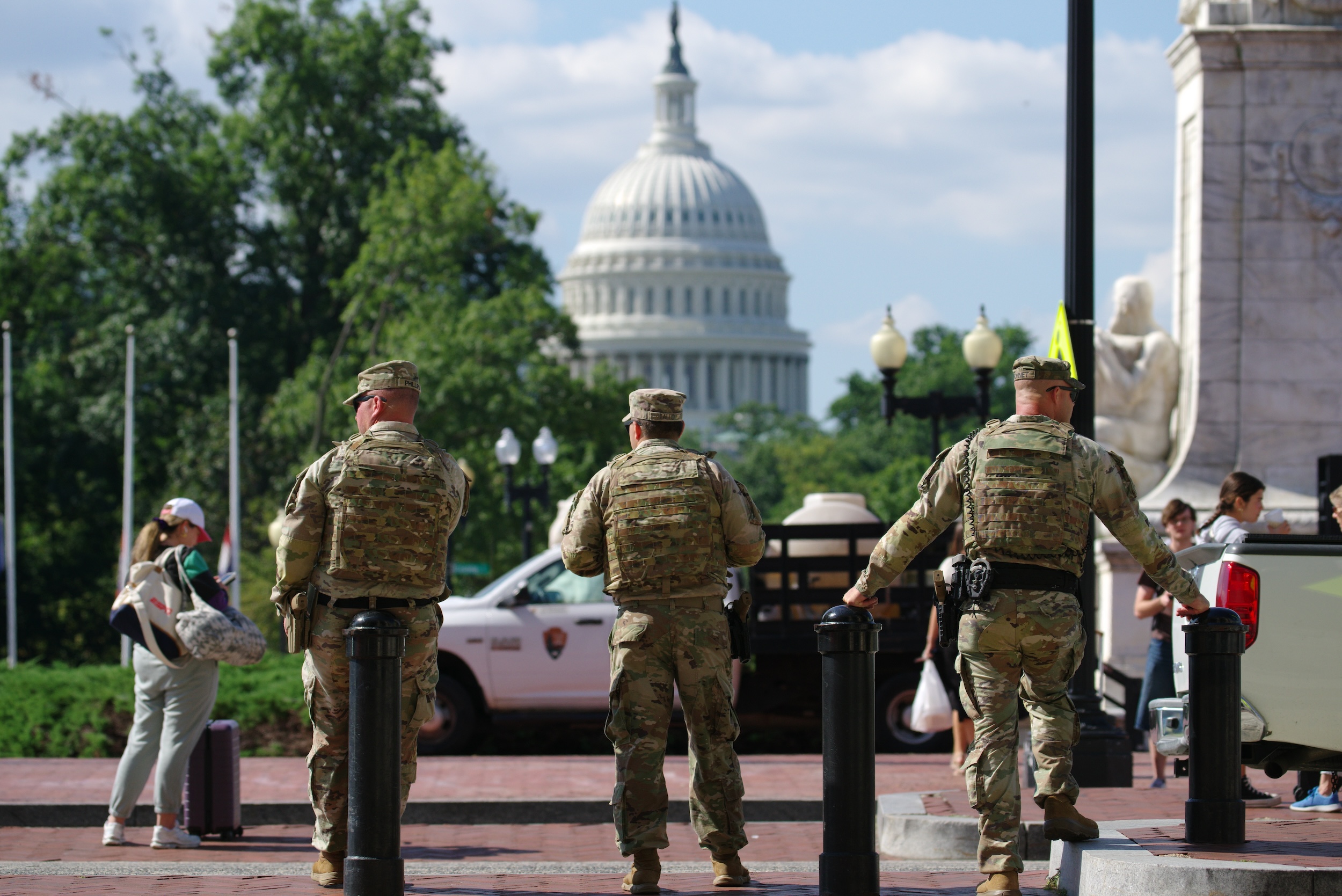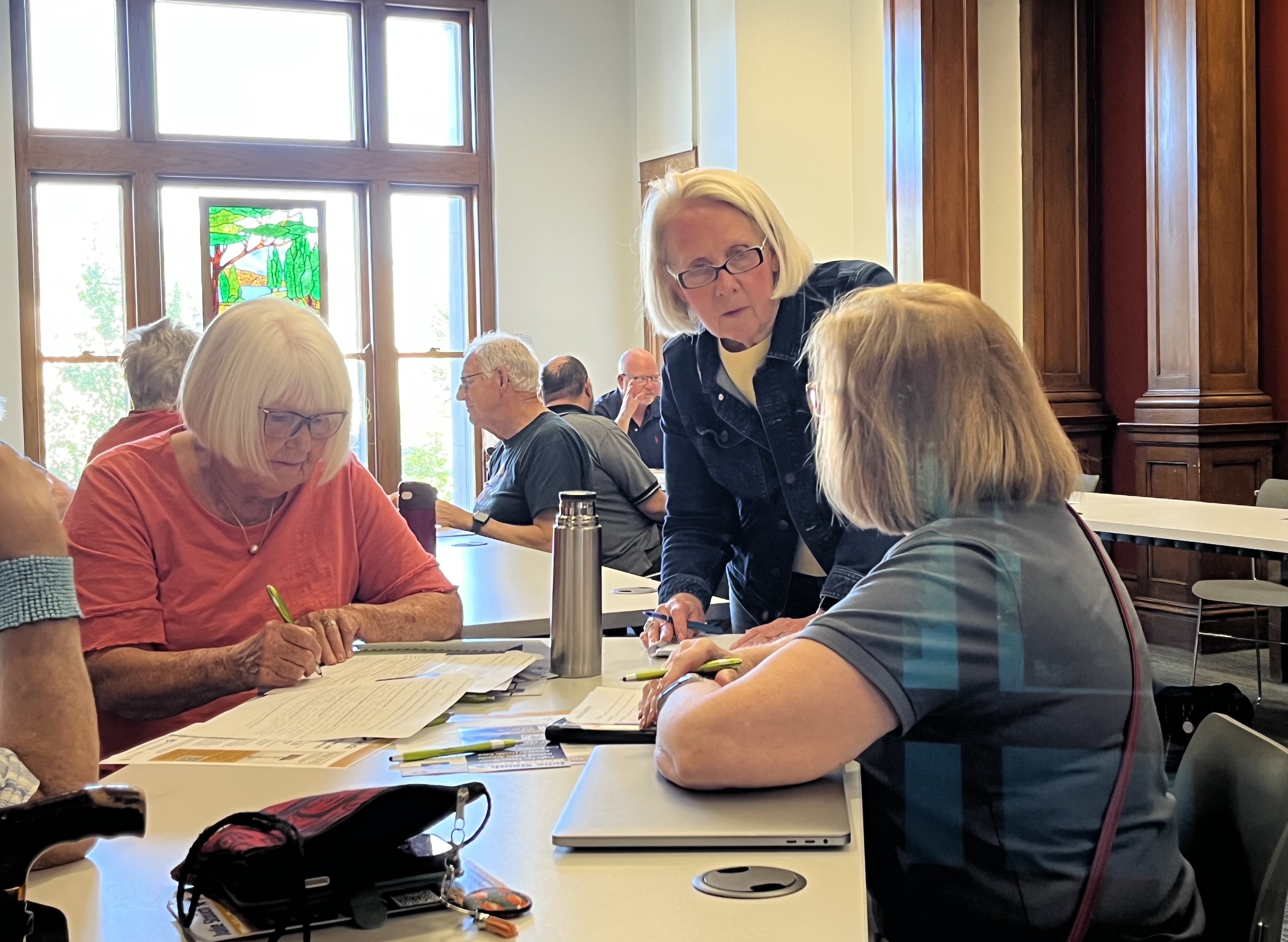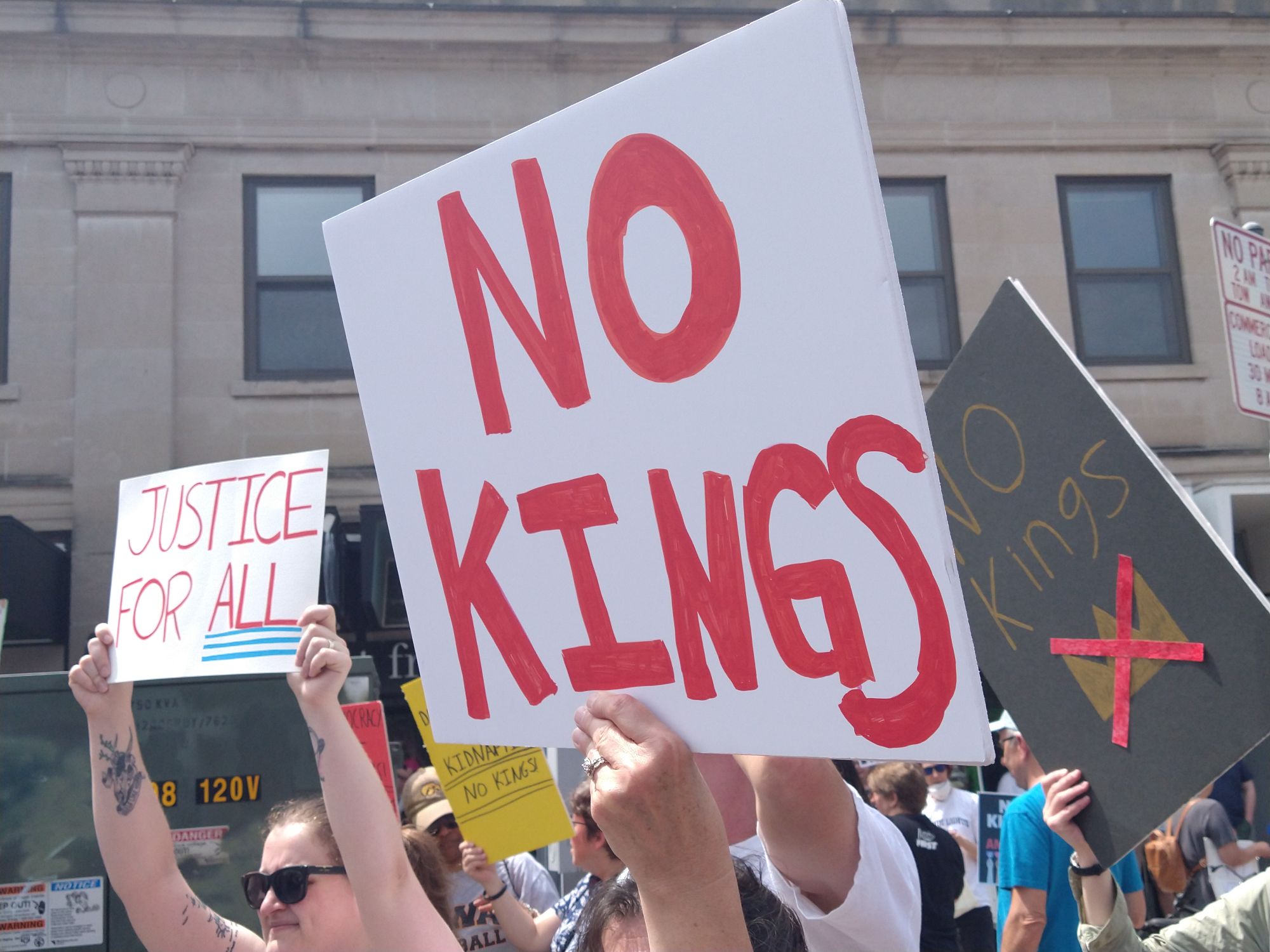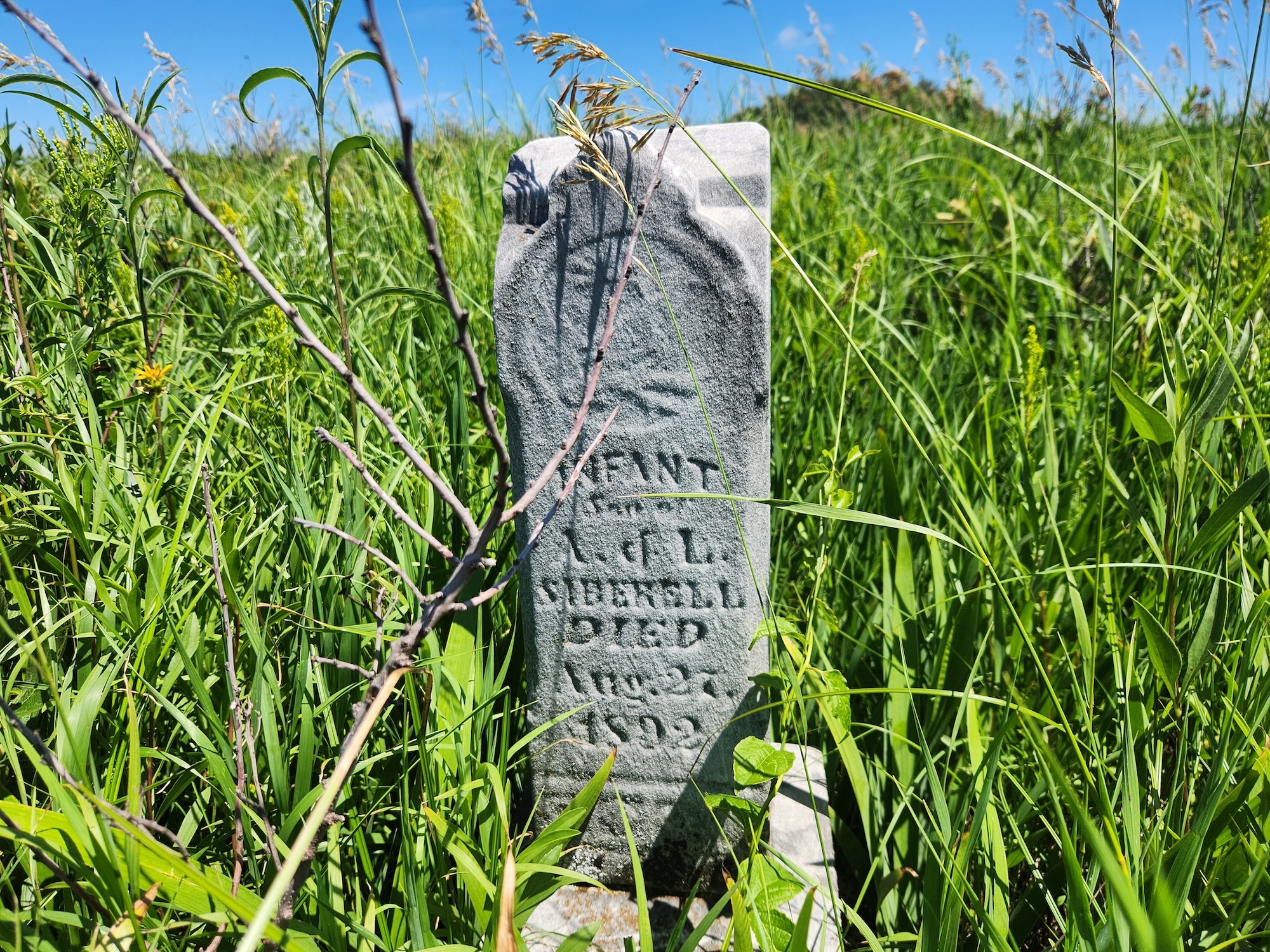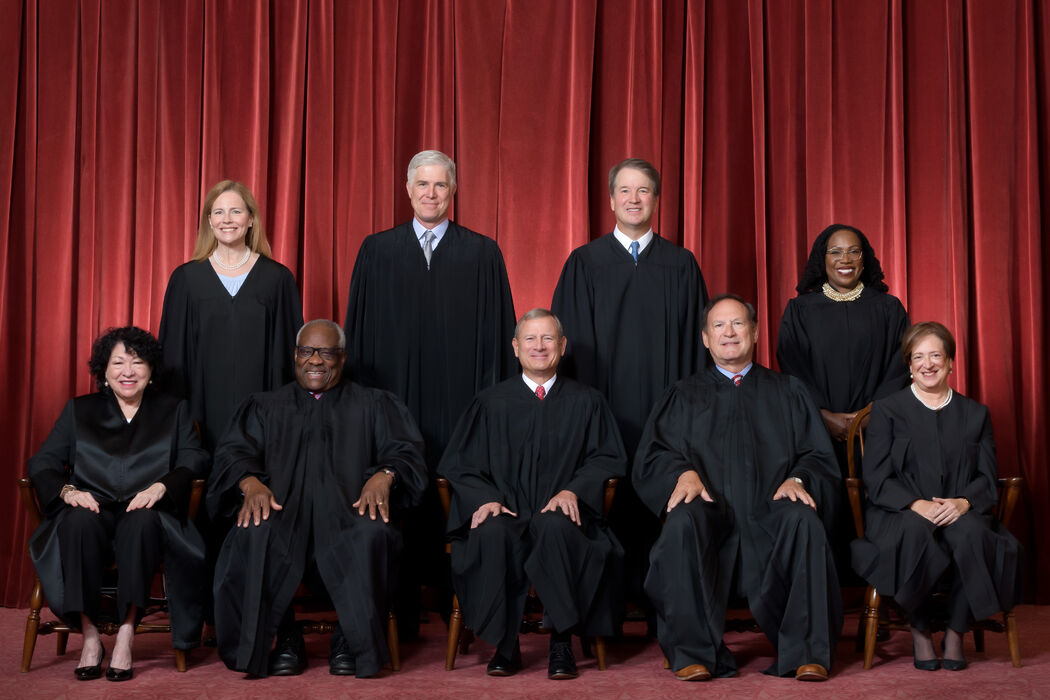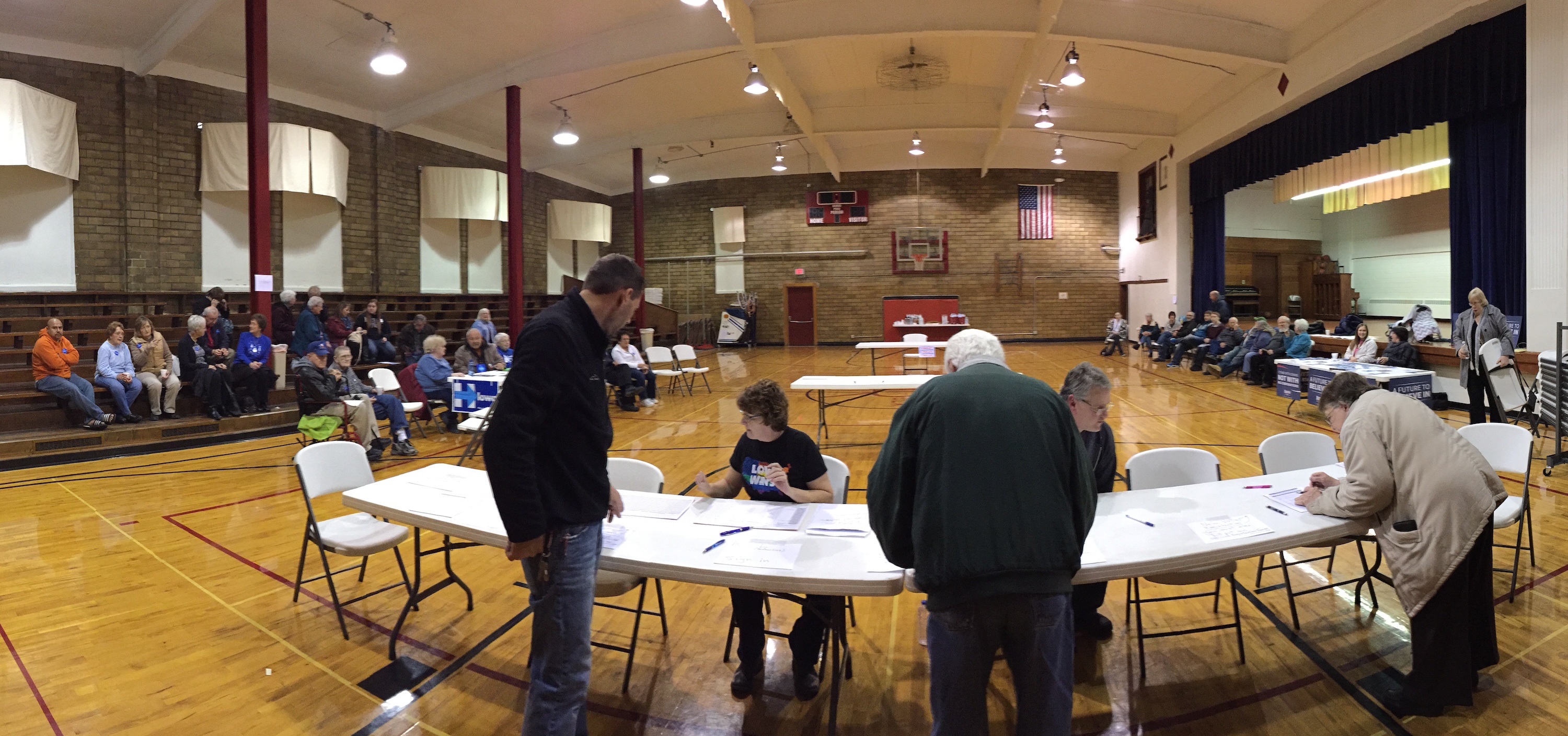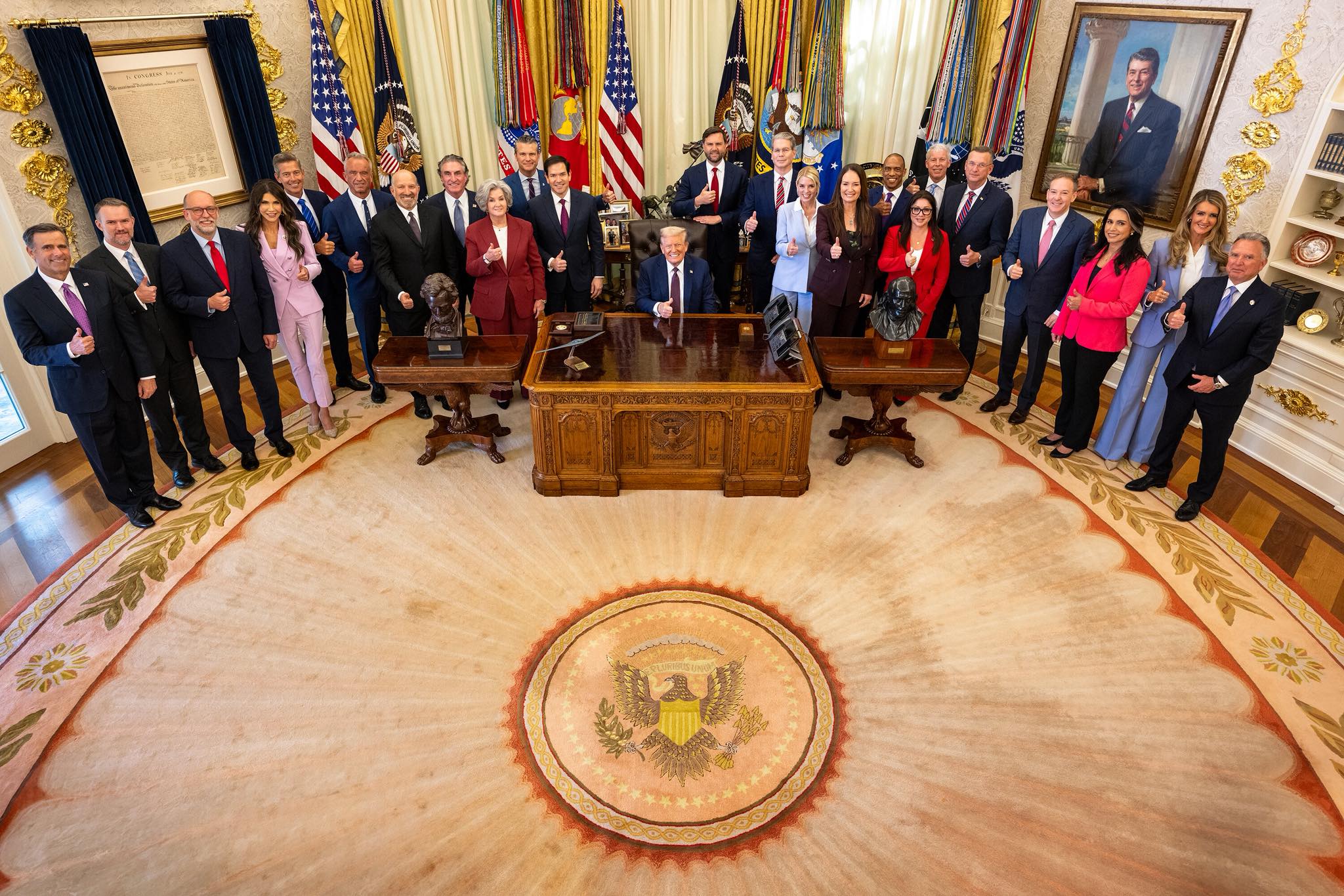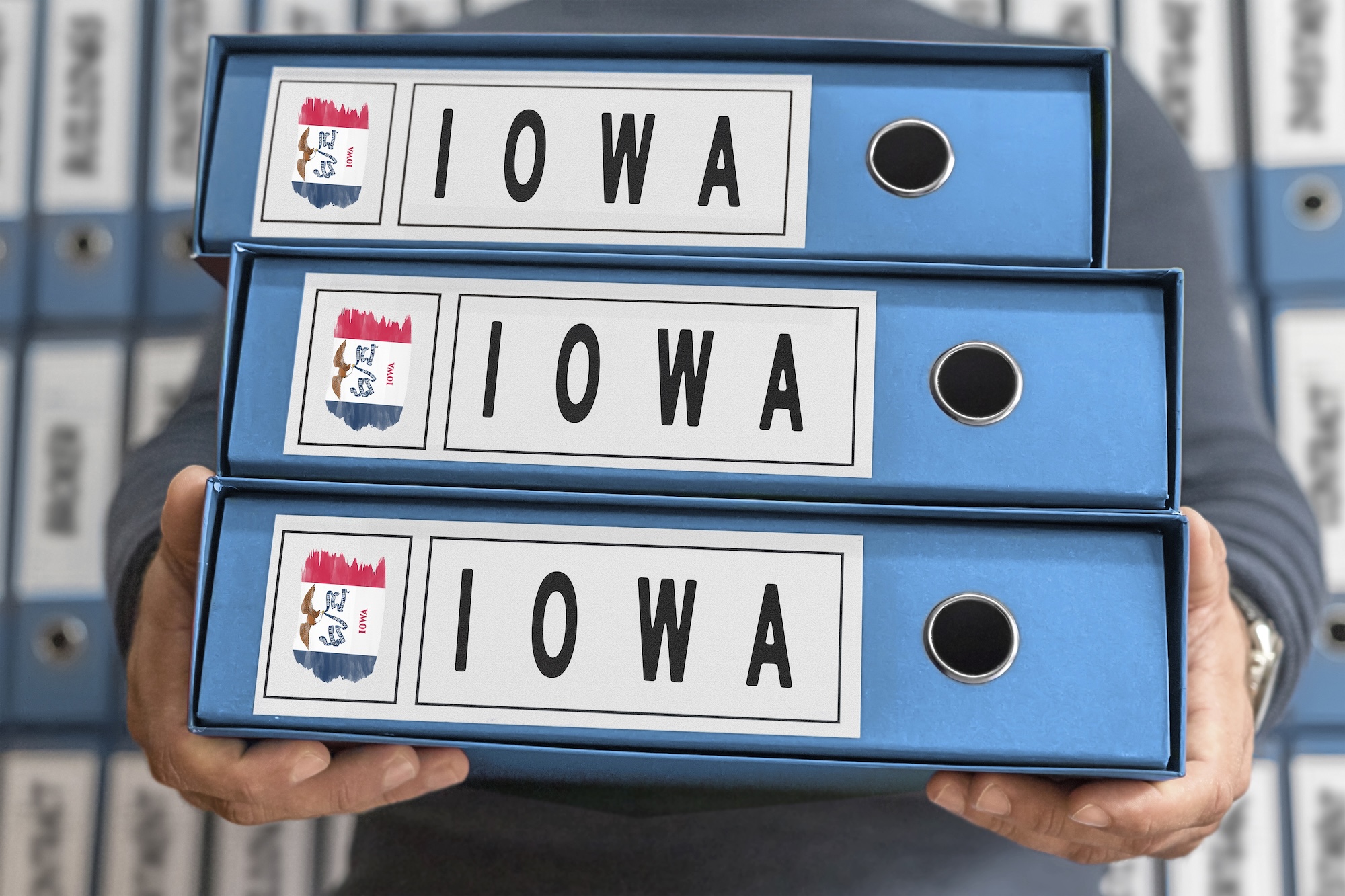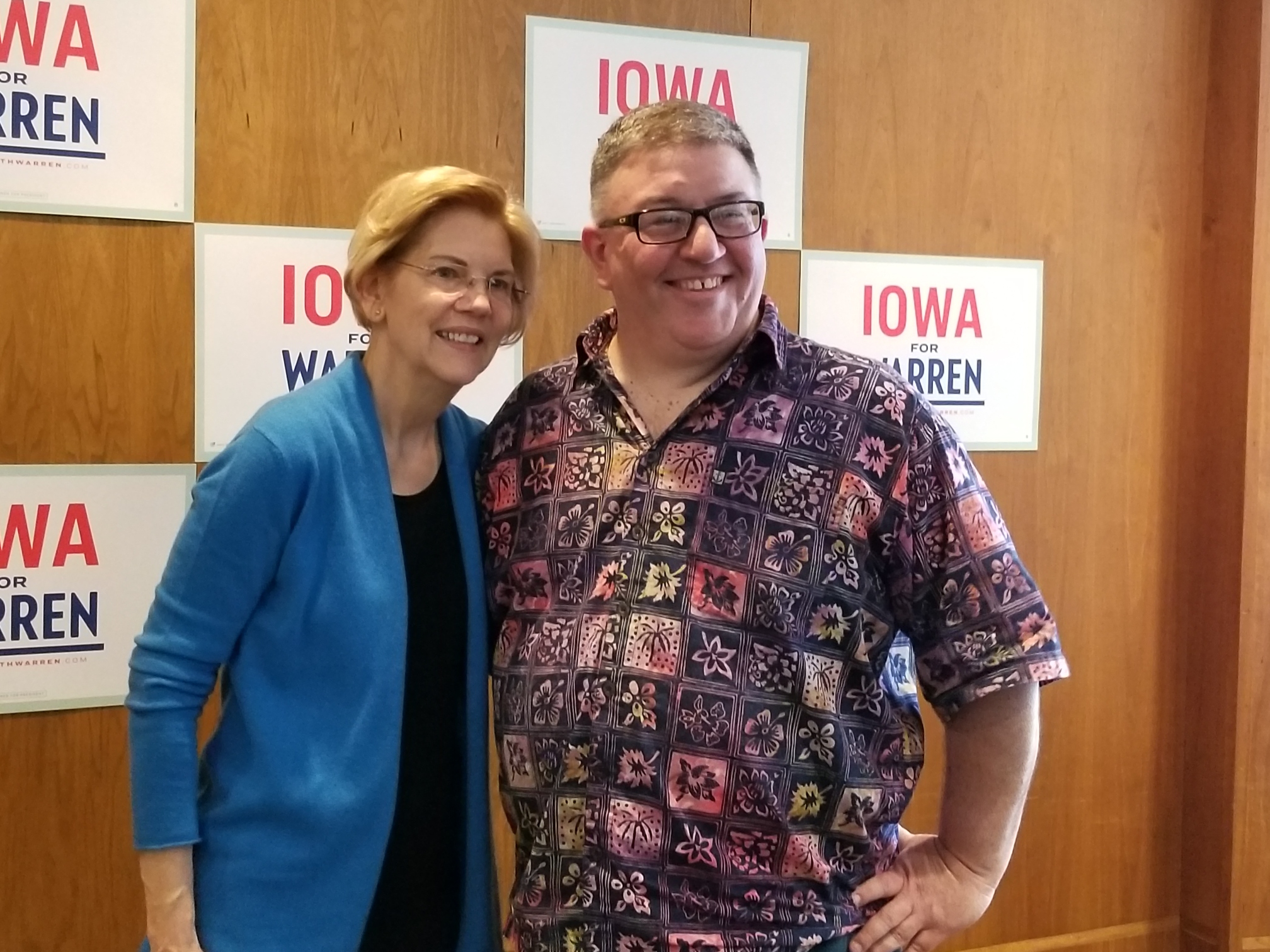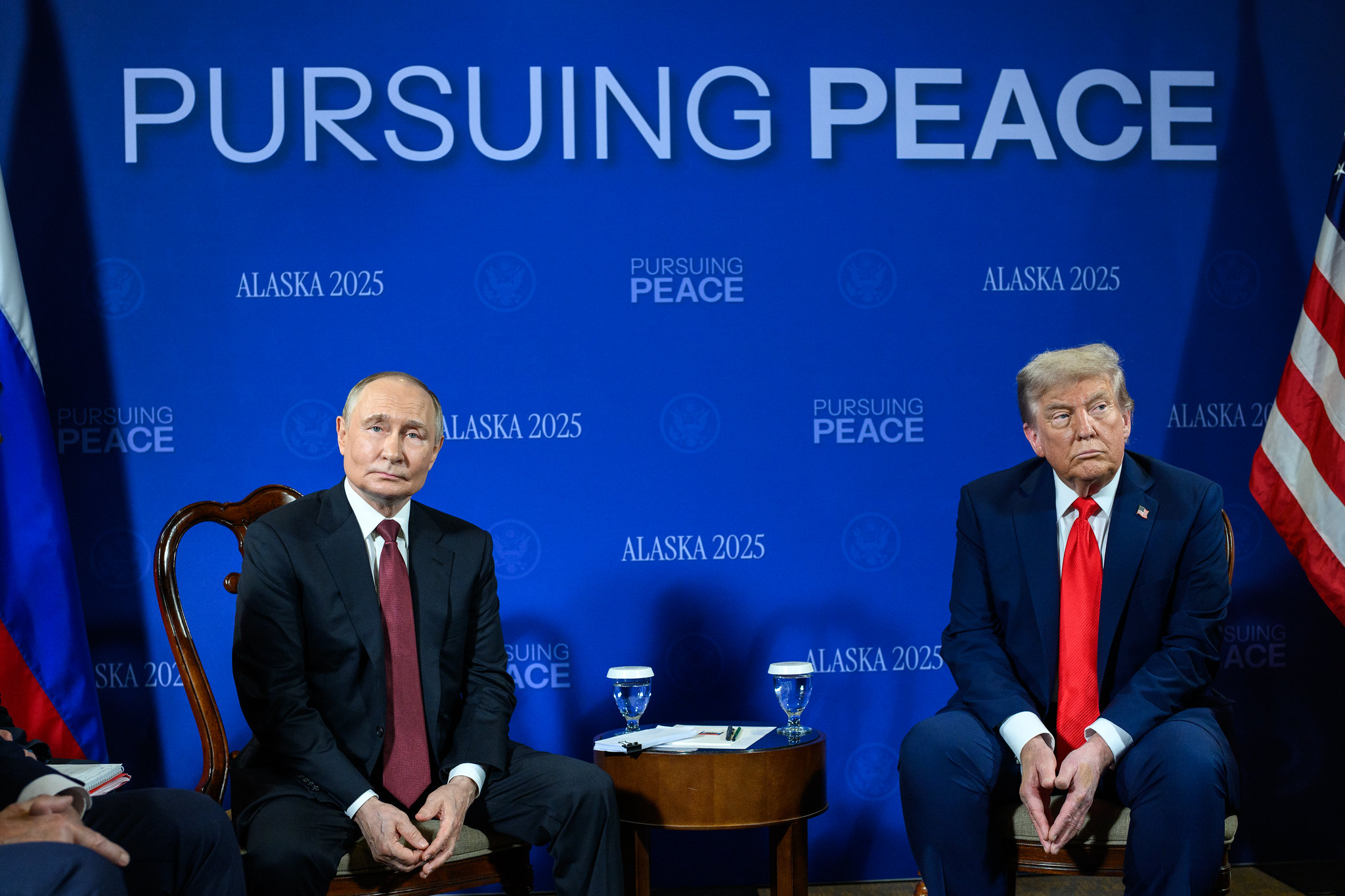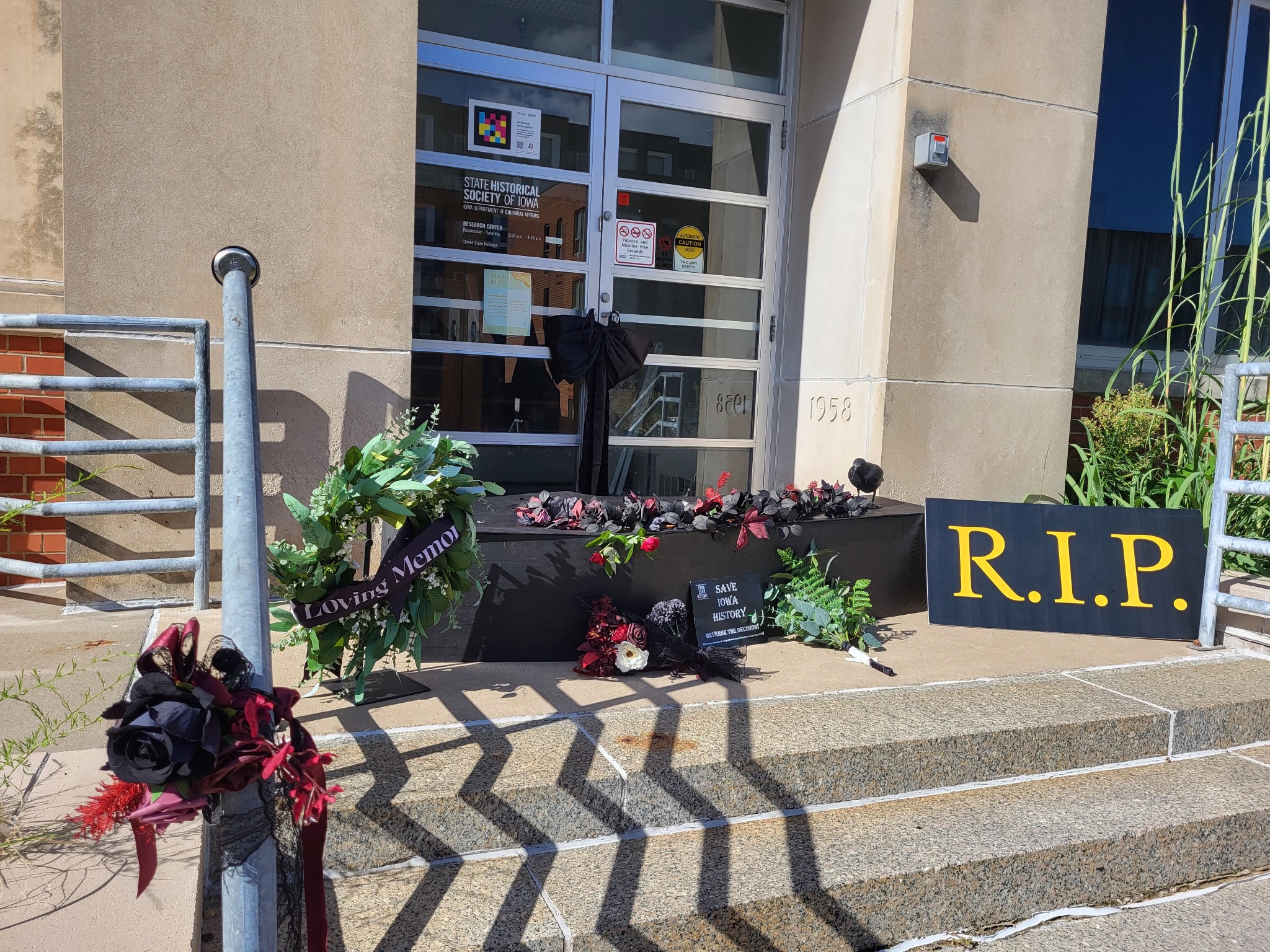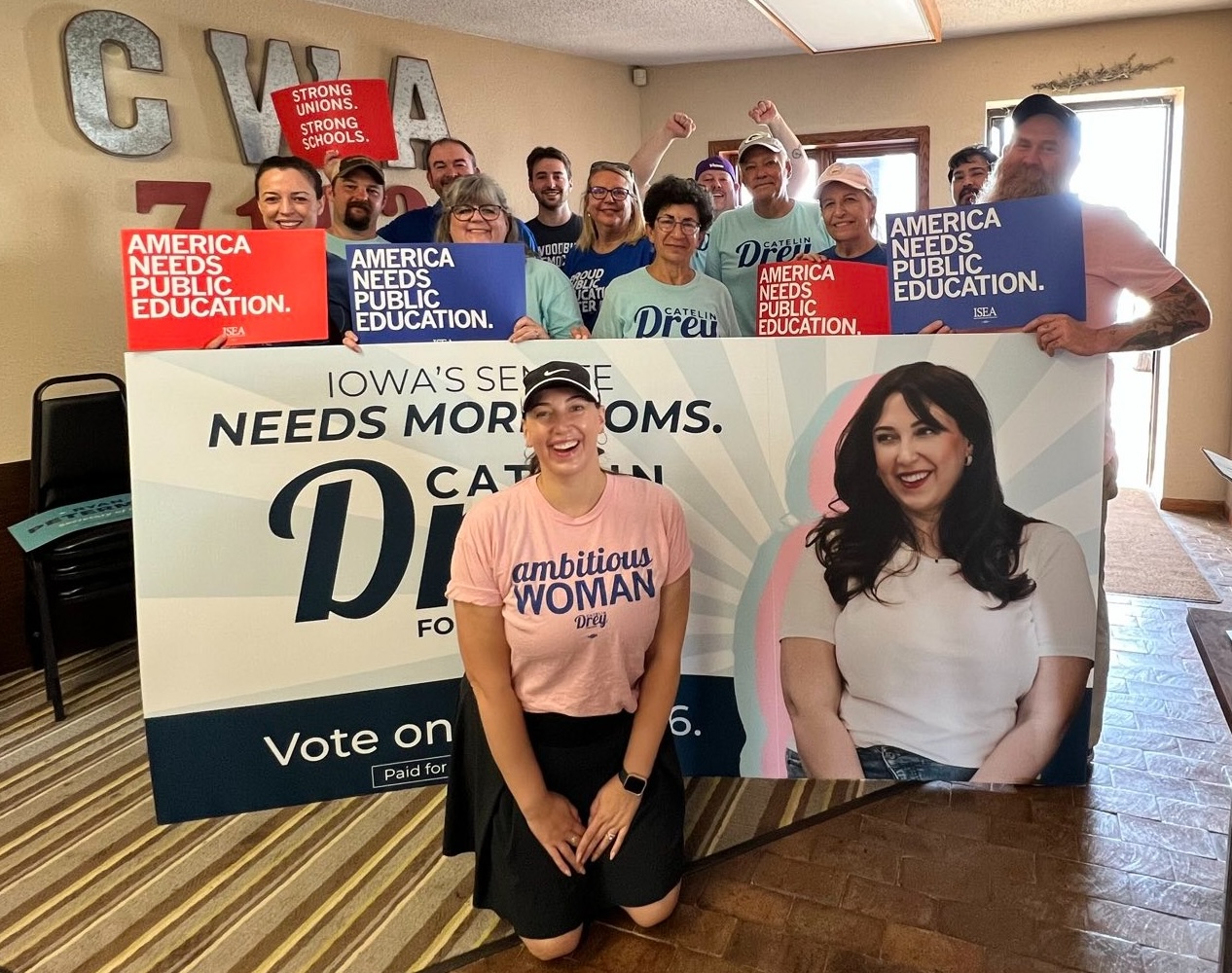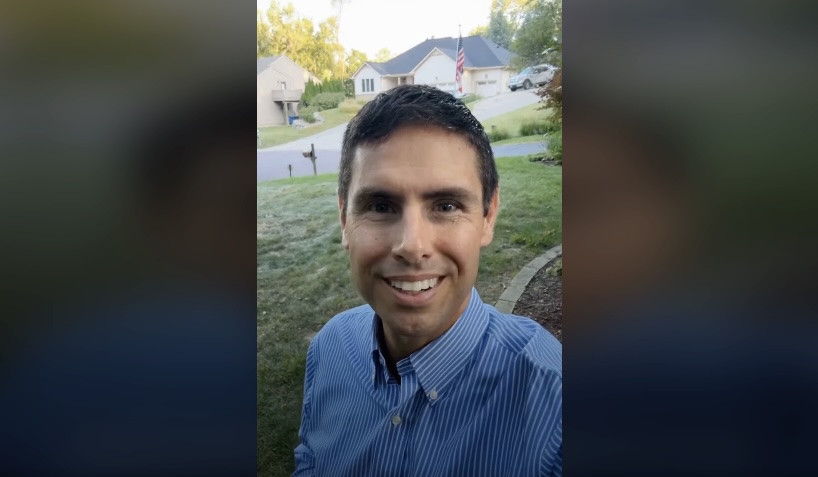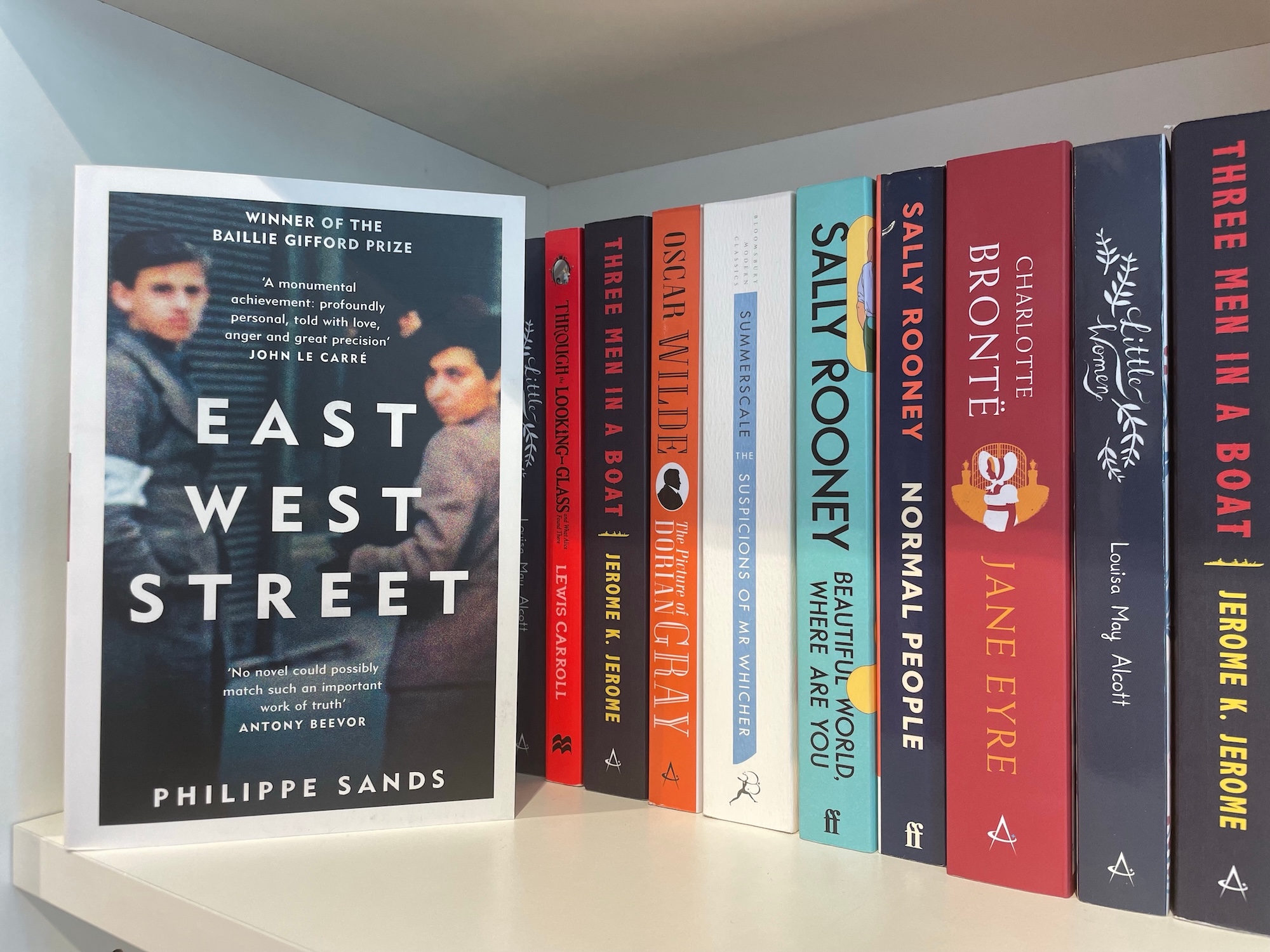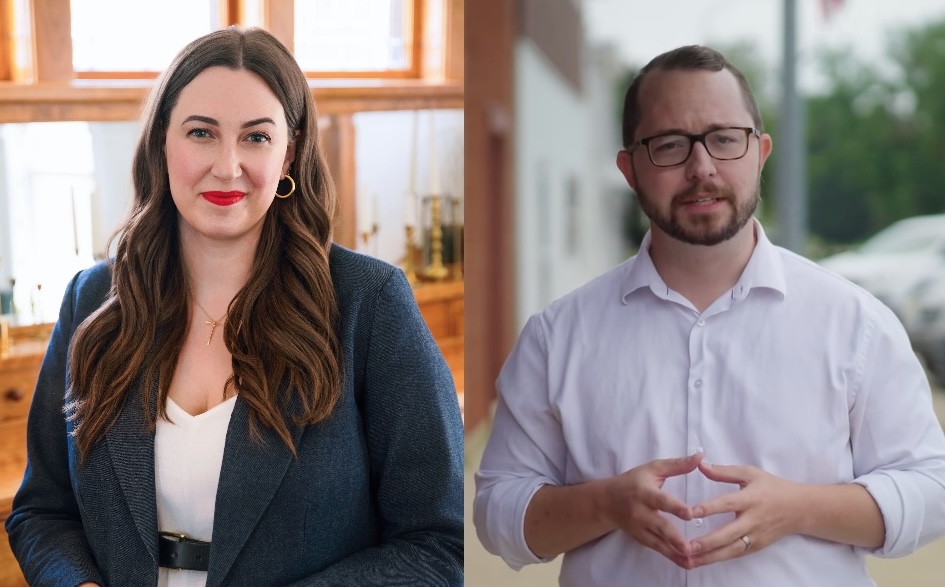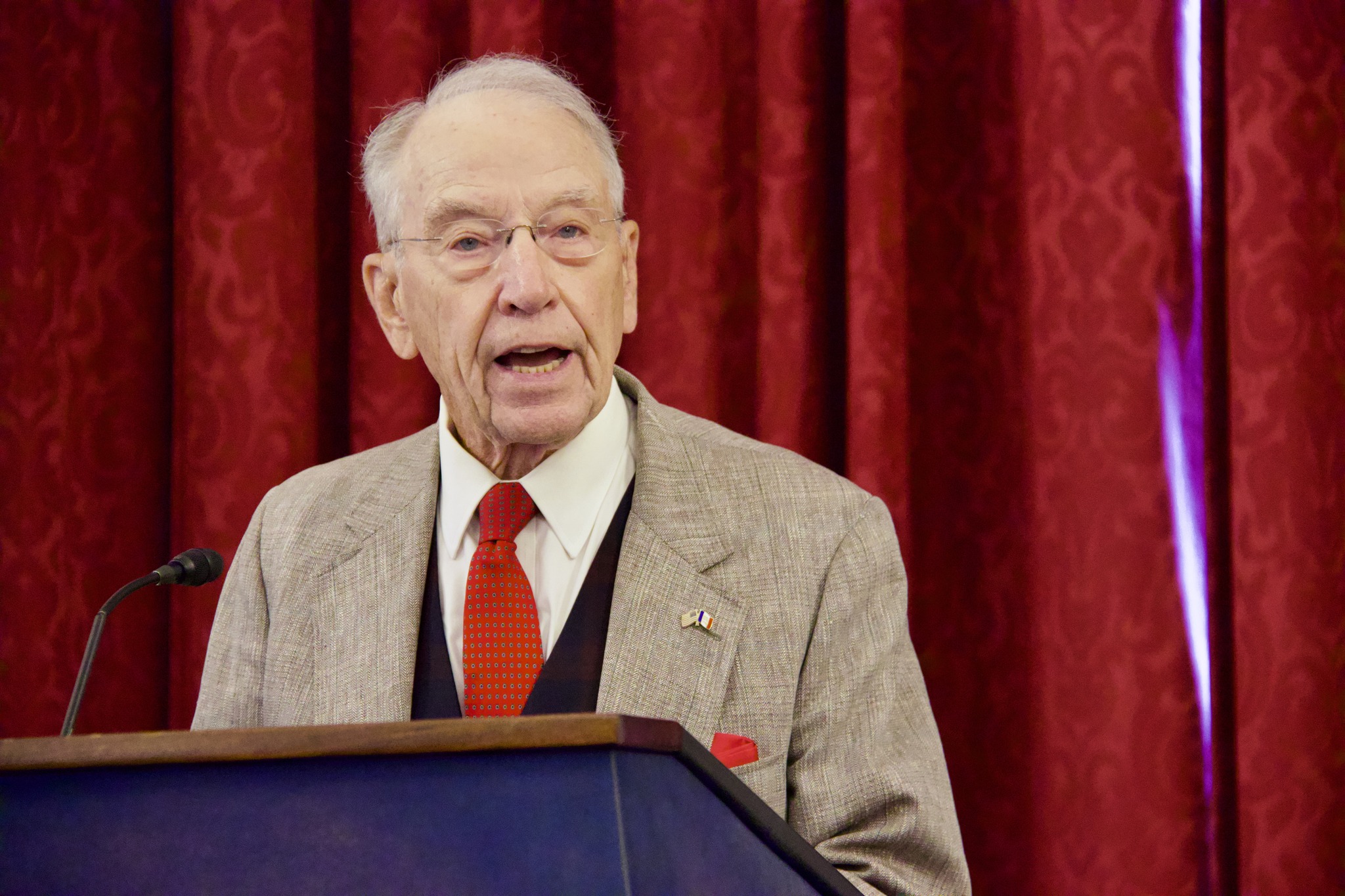Wayne Ford is the executive director of Wayne Ford Equity Impact Institute and co-Director of the Emmy Award winning Brown and Black Forums of America. He is a former member of the Iowa legislature and the founder and former executive director of Urban Dreams.
Washington, D.C. has always been more than just another city. It is the nation’s capital, a symbol of democracy, and a unique jurisdiction caught between local self-governance and federal control. Today, it has also become the latest flashpoint in America’s ongoing debate about crime, politics, and presidential power.
Mayor Muriel Bowser recently acknowledged that the federal surge of law enforcement—including the deployment of the National Guard ordered by President Donald Trump—has coincided with a sharp drop in crime. Carjackings fell by 87 percent. Overall violent crime was cut nearly in half. And, in a milestone for the city, Washington went twelve consecutive days without a single homicide.
The numbers are dramatic. Headlines on cable news have trumpeted them as proof that federal power works. Bowser herself admitted that the crackdown “brought results,” even though she expressed concerns about the heavy presence of federal officers in local neighborhoods.
But here is the crucial point: these statistics represent only a few weeks of data. They are not proof of a long-term trend. Just as crime patterns fluctuate with seasons, neighborhoods, and economic cycles, a short-term dip can reflect immediate deterrence without changing the deeper conditions that drive violence. That distinction matters if we are to think seriously about Washington, D.C. and its future.
Continue Reading...
